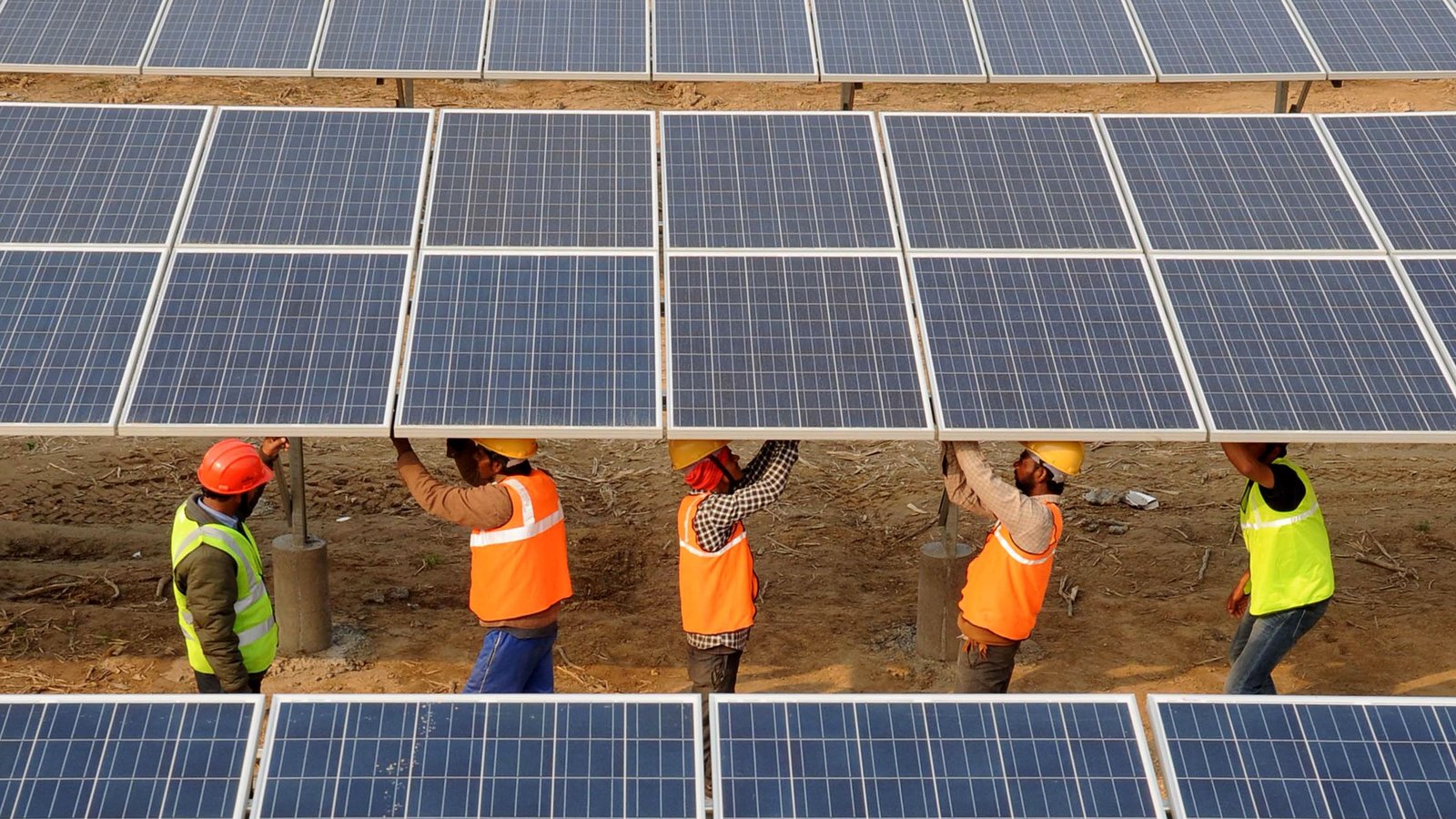On Tuesday June 6, Phenomenal World and the Polycrisis hosted a discussion on industrial policy, state capacity, macrofinance, and the green transition. Watch the full recording of the event here.
The discussion featured: Skanda Amarnath (Employ America), Melanie Brusseler (Common Wealth), Daniela Gabor (UWE Economics), and Chirag Lala (Center for Public Enterprise), and was moderated by JW Mason (John Jay College).
In recent years, the debate over climate policy has moved away from the earlier consensus in favor of carbon pricing and towards an investment-focused approach, illustrated by the passage of the Inflation Reduction Act, along with other similar measures in the US and, to an extent, in Europe.
There are good reasons to welcome this shift, both as a more promising response to the challenge of climate change and as a turn away from the neoliberal consensus of previous decades. Industrial policy is better able to address the real requirements and constraints of decarbonization than carbon pricing. It offers the possibility of a more robust political coalition in support of aggressive climate policy, and a way to overcome the long-standing problem of chronically weak demand in the advanced economies.
At the same time, the specific approach to industrial policy embodied in measures like the IRA raises a number of concerns. Among these:
- Do these policies target the right constraints and the most important barriers to rapid decarbonization?
- Do the subsidies and incentives impose sufficient discipline on private business to meaningfully redirect investment?
- Will the direct-pay provisions meaningfully increase the role of public and nonprofit enterprises, or will the IRA further entrench the dominance of for-profit businesses in energy and other sectors—ultimately undermining both climate and broader economic objectives?
- Does the industrial policy approach risk a zero-sum competition between national governments to support their own businesses? And in particular, will it exacerbate tensions between the US and China?
- Is the industrial policy approach suitable for today’s macroeconomic environment? Is boosting demand and employment still a meaningful goal in an environment of global inflation and, in some views, labor shortages?
The goal of this panel is to present a range of views on how serious these (and other) concerns about the new industrial policy are, and what can be done to address them.
Three articles anchor the discussion:
- Daniela Gabor on the derisking green capitalist state; and
- Melanie Brusseler on coordinating the transatlantic green transition.
- Lachlan Carey on the inequalities of place, race, and class that motivated the US pivot to green industrial policy.
Watch a recording of the event here.
Filed Under
